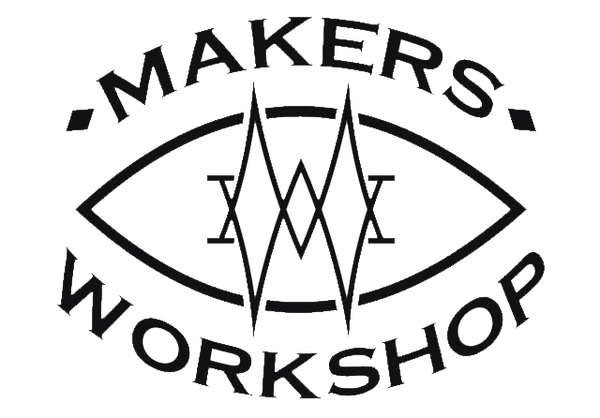When it comes to working in a workshop, safety should always be a top priority. One often overlooked aspect of safety is the type of footwear that is worn. Many people may not realize the potential hazards that can arise from wearing improper footwear in the workshop. In this blog post, we will explore the benefits of wearing proper footwear and why it is essential for a safe and productive workshop environment.
1. Protection from Falling Objects
In a workshop, there is always a risk of objects falling from shelves or tables. Wearing proper footwear, such as steel-toed boots, can provide protection against these falling objects. The reinforced toe cap can prevent serious injuries, such as broken toes or foot fractures.
2. Prevention of Slips and Falls
Workshops can be filled with various hazards, including slippery surfaces. Proper footwear with slip-resistant soles can greatly reduce the risk of slips and falls. These specially designed soles provide better traction, even on wet or oily surfaces, ensuring stability and preventing accidents.
3. Electrical Hazard Protection
Electrical hazards are a common occurrence in workshops, especially when working with power tools or machinery. Wearing footwear with electrical hazard protection can help to prevent electrical shocks. These shoes are designed with insulating materials that can resist the flow of electricity, keeping the wearer safe from potential harm.
4. Comfort and Support
Working in a workshop often involves standing for long periods of time and performing physically demanding tasks. Wearing proper footwear that provides adequate cushioning and support can help reduce fatigue and discomfort. Shoes with arch support and shock-absorbing features can alleviate stress on the feet, ankles, and knees, allowing for better productivity and reduced risk of injuries.
5. Protection from Chemicals and Hazardous Materials
Workshops may involve handling various chemicals and hazardous materials. Wearing footwear that is resistant to chemicals and has a non-porous surface can provide an additional layer of protection. These shoes can prevent harmful substances from coming into contact with the skin, reducing the risk of chemical burns or absorption.
6. Compliance with Safety Regulations
Many workplaces, including workshops, have safety regulations in place that require employees to wear proper footwear. By wearing the appropriate footwear, workers can ensure compliance with these regulations and avoid potential penalties or disciplinary actions.
In conclusion, wearing proper footwear in the workshop is crucial for maintaining a safe and productive work environment. From protecting against falling objects to preventing slips and falls, the benefits of wearing the right footwear cannot be overstated. By investing in high-quality, safety-rated footwear, individuals can prioritize their well-being and minimize the risk of workplace accidents and injuries.

